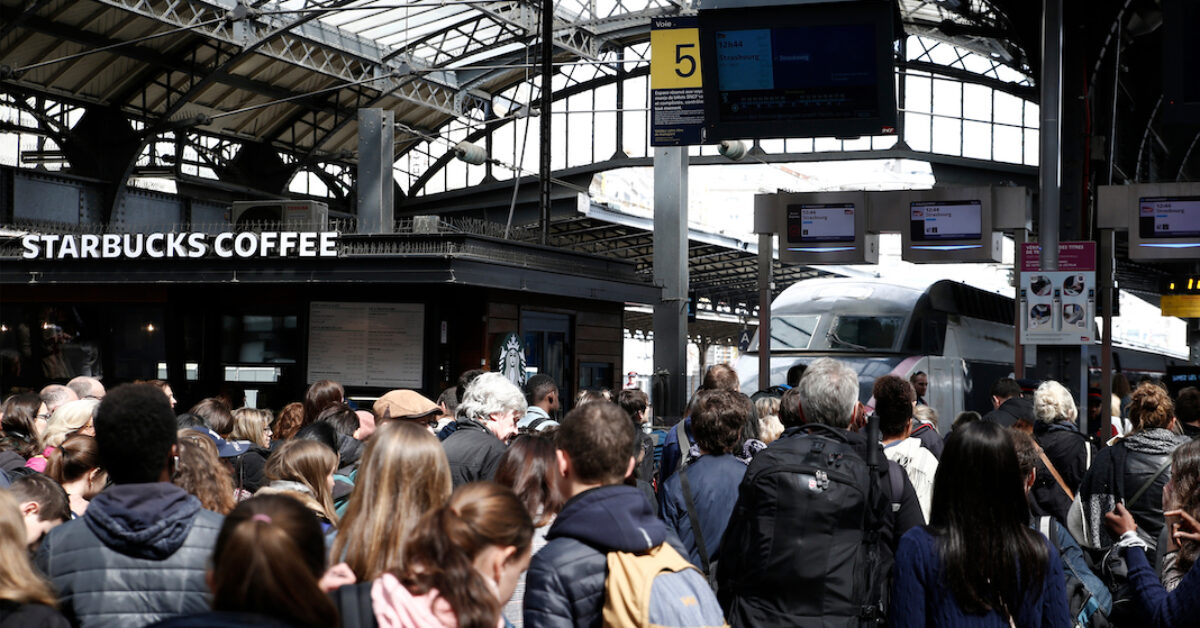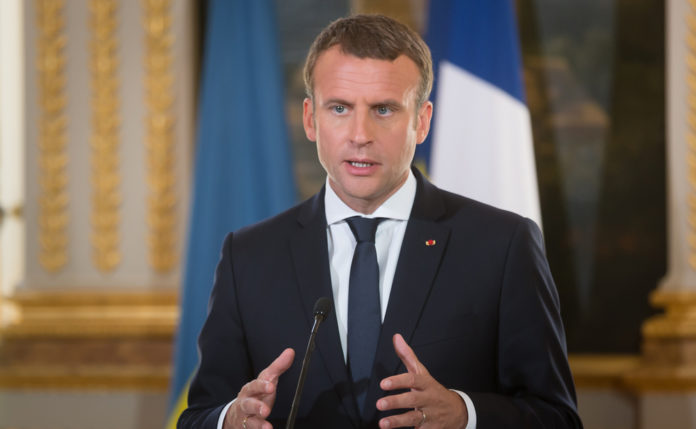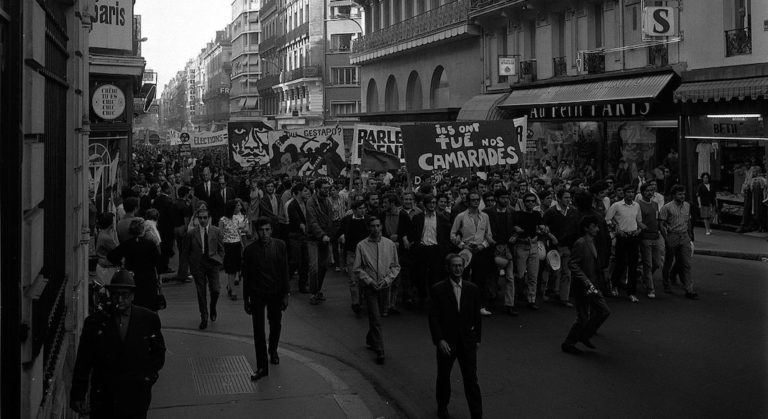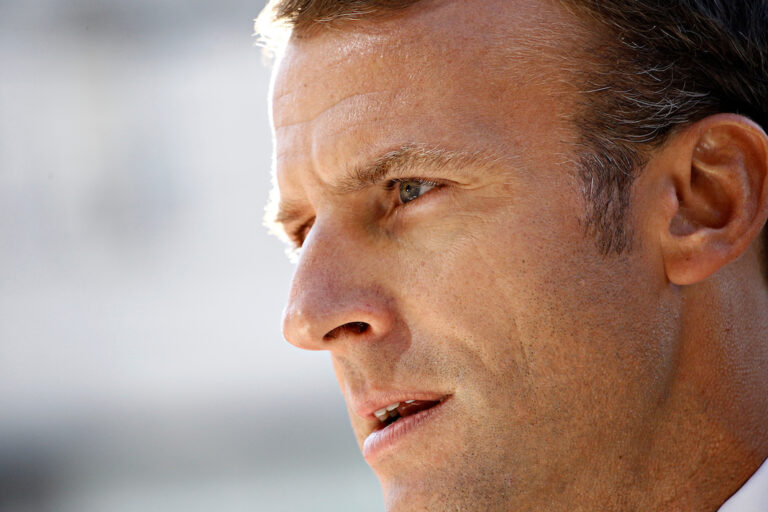France is experiencing its biggest strikes in over 20 years, with the nation’s transportation system largely shut down, partially paralyzing the country. The strikes began in December and have continued through the holidays, with regular street protests in Paris and other major cities. Two more “Days of Action” are scheduled for Thursday, January 9 and Saturday, January 11 when thousands of protesters will again march in the streets.
Déjà vu all over again?
The last time strikes of this scale happened, in 1995, the strikes were in response to President Jacques Chirac’s proposed changes to the national retirement system. After a month of protests, Chirac conceded defeat and the reforms were shelved.
The parallels are eerie. Like Chirac, President Emmanuel Macron has proposed reforms to the national retirement system, triggering strikes and protests. The transportation system has again been shut down, paralyzing the country. And it’s gone on for weeks — even longer than in 1995. Negotiations are ongoing but neither side has budged.
The shifting public
What do the French think of all this, and how does it compare to 1995? The latest poll from IFOP, France’s leading pollster, taken during the first few days of January, is a good indicator.
The first thing we see is that support for the strikes is declining, dropping from a peak of 56% in early December to 44% today. At the same time, opposition is rising, from 29% to 37%. So while a majority of the French still support the strikes, it’s a shrinking majority. This is in sharp contrast to 1995, when support grew over time, reaching 62% before the government finally threw in the towel.
The second thing we see is that today’s strikes are not supported across all of French society — support is strong at the political extremes but weak in the center. Voters of the far-left La France Insoumise party, affiliated with Jean-Luc Mélenchon, and the far-right Rassemblement National party, affiliated with Marine Le Pen, are enthusiastic, with 73% and 52% approval respectively, while voters of the centrist La République en Marche, affiliated with Macron, give the strikes a decidedly tepid 12%.
The expectation to hold strong
What does this mean for the future? Will Macron hold tight or will he give in like Chirac? Here the French are clear in their expectations — an impressive 75% of those surveyed expect Macron to push through his reforms. His slowly rising popularity gives him an increasingly strong hand in negotiations. And there are cracks in the strikers’ solidarity, as more of them return to work and the transportation system slowly comes back to life.
The bet here is that the strikes and negotiations will continue for a few more weeks. At that point Macron will make some modest concessions and then implement his reforms. The strikes will in all likelihood eventually peter out and life will go back to normal… until the next protest.
Featured image: Stock Photos from Alexandros Michailidis/Shutterstock








